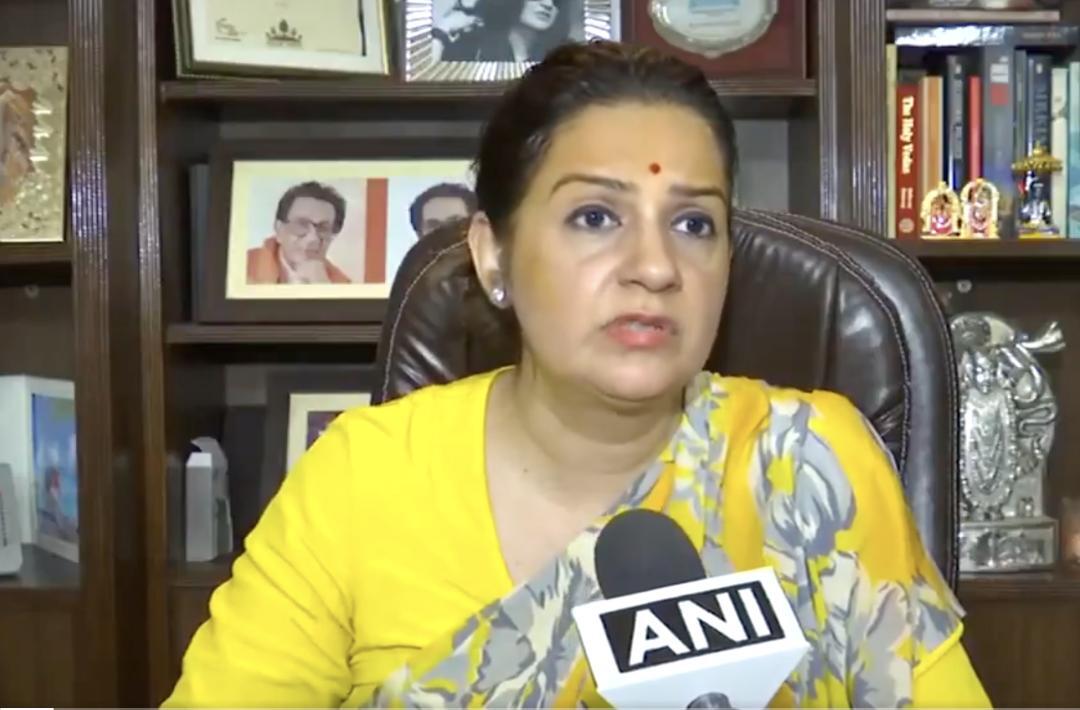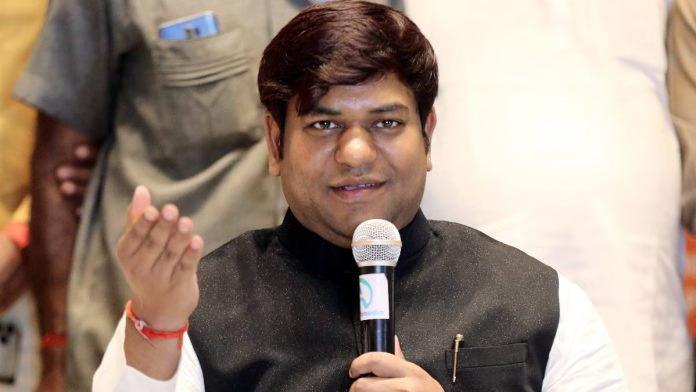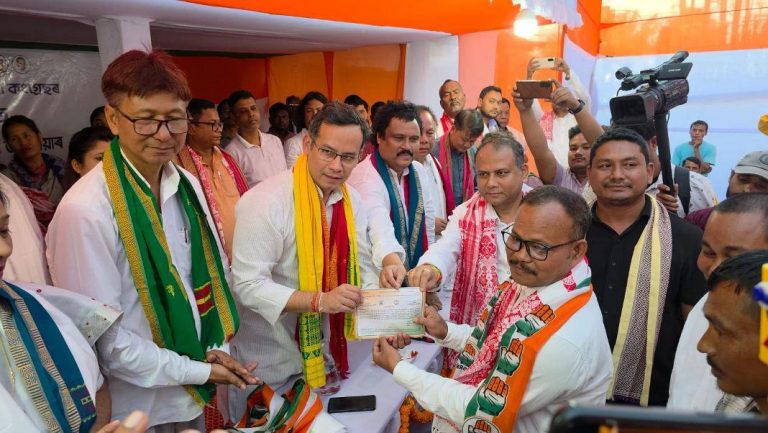
Title: India-Pak Cricket Match Will Hurt National Interest: Sena (UBT) MP
The cricket match between India and Pakistan, scheduled to take place in the Asia Cup 2025, has sparked controversy once again. This time, it’s Shiv Sena (UBT) MP Priyanka Chaturvedi who has criticized the match, stating that it will hurt the national interest of the country.
Chaturvedi’s comments come in the wake of the recent tensions between the two nations. The CDS (Chief of Defence Staff) had earlier stated that Operation Sindoor, a military operation aimed at addressing the situation along the border with Pakistan, is still in operation mode. This has raised concerns about the security risks associated with hosting a cricket match between the two nations.
Chaturvedi, a prominent MP from the Shiv Sena (UBT), has been vocal about her opposition to the match. She has argued that allowing Pakistan to participate in the Asia Cup will undermine the country’s national interest. “The CDS has clearly stated that Operation Sindoor is still in operation mode,” she said. “It is our duty to ensure the safety and security of our citizens, and hosting a cricket match with Pakistan will compromise that.”
Chaturvedi’s comments have been widely reported in the media, with many experts and commentators weighing in on the issue. While some have argued that cricket is a sport and should be kept separate from politics, others have pointed out that the match will only serve to undermine the country’s security and interests.
One of the main concerns is the potential for Pakistan to use the match as a platform to promote its anti-India rhetoric. The country has a history of using international sports events to spread hate and intolerance, and many fear that the Asia Cup will be no exception.
Moreover, the match will also provide a platform for Pakistan’s cricketers to use foul language and make derogatory comments about India. Chaturvedi has called for a ban on these cricketers, stating that their behavior is unacceptable and will only serve to further inflame tensions between the two nations.
The Shiv Sena (UBT) has a long history of opposing any form of collaboration with Pakistan. The party has been at the forefront of several anti-Pakistan campaigns, including the recent “No to Pakistan” campaign. Chaturvedi’s comments are therefore in line with the party’s stance on the issue.
However, not everyone is opposed to the match. The BCCI (Board of Control for Cricket in India) has announced that it will go ahead with the Asia Cup, despite the controversy surrounding the match. The BCCI has stated that cricket is a sport and should be kept separate from politics, and that the match will provide an opportunity for Indian cricketers to compete against their Pakistani counterparts.
However, many experts have pointed out that the BCCI’s stance is naive and lacking in understanding of the complex political dynamics at play. Cricket is not just a sport, but a platform that can be used to promote or undermine national interests. In the case of the Asia Cup, the match will only serve to undermine India’s national interest and compromise its security.
In conclusion, the controversy surrounding the India-Pak cricket match in the Asia Cup 2025 is a clear indication of the need for a more nuanced approach to international relations. While cricket may be a sport, it is also a platform that can be used to promote or undermine national interests. In this case, the match will only serve to undermine India’s national interest and compromise its security.
As such, it is imperative that the government takes a strong stance on this issue and ensures that the national interest is protected. The CDS’s statement on Operation Sindoor is a clear indication of the security risks associated with hosting a cricket match with Pakistan, and it is the government’s duty to ensure that these risks are mitigated.
Ultimately, the decision to host or not host the India-Pak cricket match in the Asia Cup 2025 is a decision that requires careful consideration and analysis. It is a decision that will have far-reaching implications for the country’s national interest and security, and it is imperative that the government takes a strong and informed stance on this issue.






